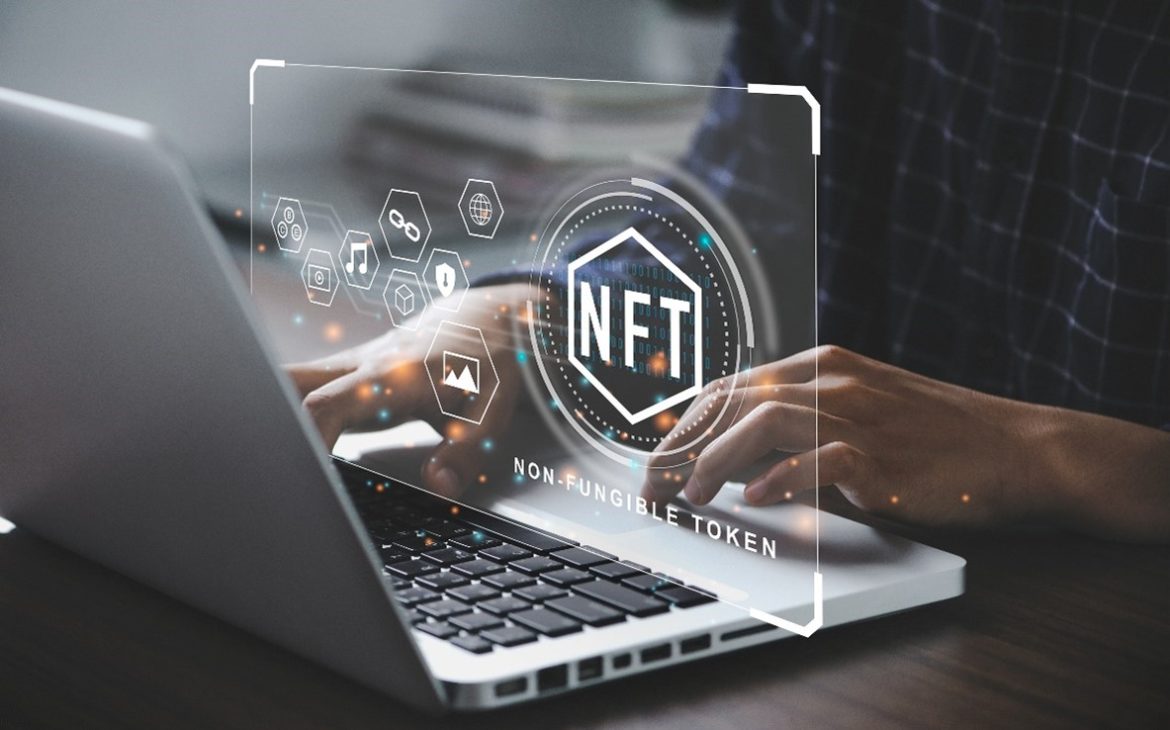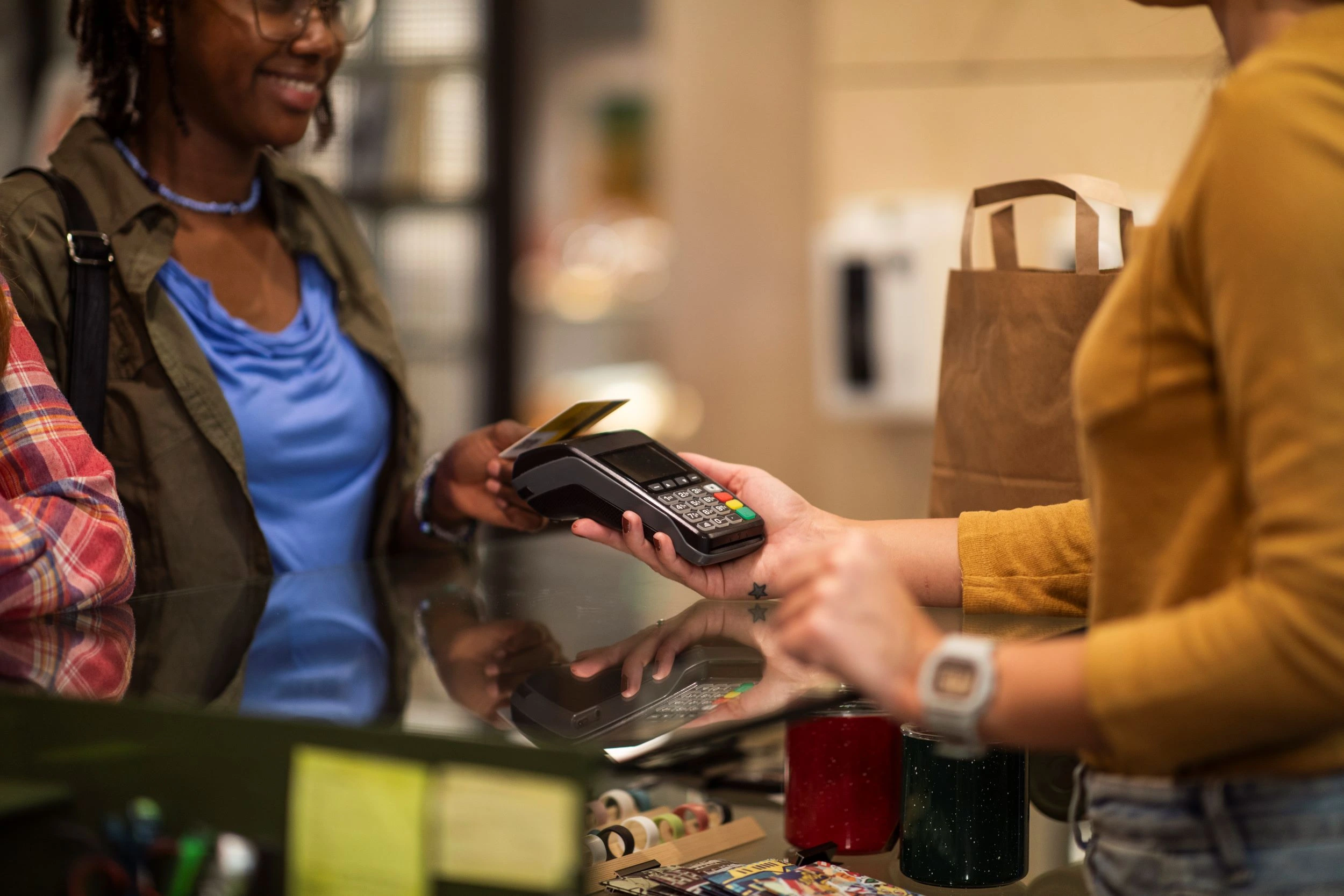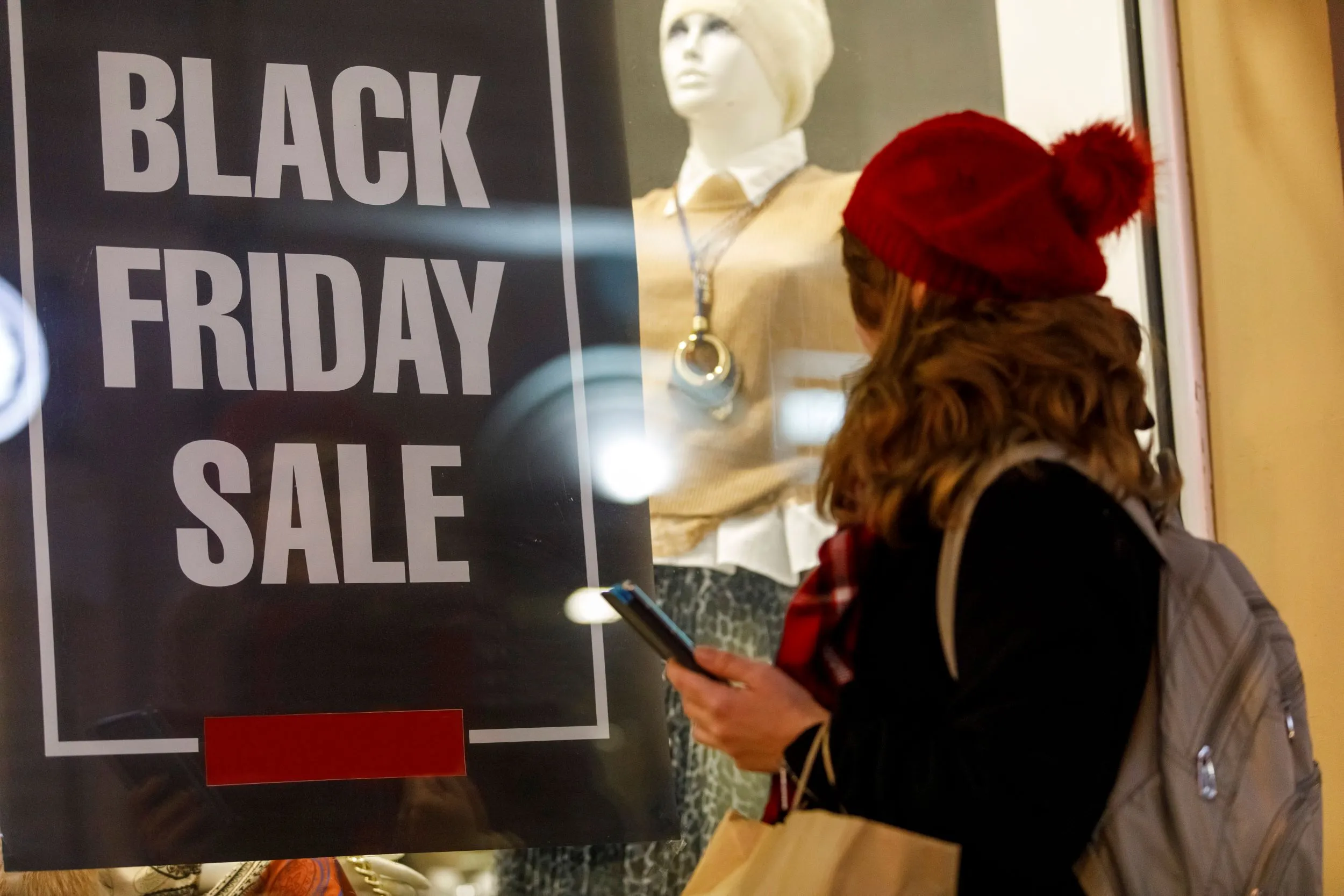These days, cryptocurrency, blockchain, and digital assets are on the radar more than ever before. As blockchain technology continues to become mainstream at an exponential rate, more and more people have become involved in digital cryptotrading markets. These cryptotraders master the art of buying and selling cryptocurrency, and use different digital currencies such as Bitcoin or Ethereum to purchase various digital (and even non-digital) assets.
Some of the hottest new digital items on the block are called non-fungible tokens, or NFTs. With this fast-growing market comes new risks for buyers and sellers. If you’re interested in getting involved in the NFT market, read on to learn more about what these unique crypto assets are and how to stay safe when trading them.
What Is an NFT?
Non-fungible tokens are a type of digital asset that exists on a blockchain, or a digital ledger. They are bought and sold online, typically using cryptocurrency. “Non-fungible” means each one of these cryptographic assets is completely unique and one-of-a-kind—basically, there’s nothing else like it in all the world, and each one holds its own unique value. This is different from other forms of digital or physical currency, which are fungible.
Example: You can trade a dollar for a dollar without losing a cent since they have the exact same value. The same goes for a Bitcoin: One Bitcoin is worth exactly the same as another Bitcoin.
NFTs are typically a digital representation of a physical object, such as a piece of art. However, NFTs can also be a song, a tweet, a GIF, or anything else on the internet. The NFT market has grown tremendously in recent years, and there are many marketplaces to buy and sell these unique pieces of digital art. NFTs have grown so popular and drawn the attention of so many affluent individuals that some have even sold for millions of dollars. However, anyone can participate in this market and explore, buy, and sell these intriguing digital collector’s items.
Types of NFT scams
Like most digital fraud attempts, NFT scams come in many forms and can be molded to the cybercriminals’ intent. As with all cybercrimes, NFT scammers use the NFT market to con people out of money or personal information. By understanding some of the more popular ways NFT scams occur, you can stay smart and safe while enjoying all the cool perks this exciting new asset has to offer.
Fake NFT websites
One popular NFT fraud scam involves creating fake NFT marketplace websites that look identical to real ones. Criminals trick their victims into believing they’re making a real NFT purchase, when in fact they’re actually:
- Trading their hard-earned cryptocurrency for a worthless digital asset.
- Enabling a scammer.
- Potentially sharing personally identifying information (especially if they log in to their digital wallets and share their credentials).
Rug pull scams
Rug pull scams take on several different forms, but they always involve a scammer hyping up an NFT project to make potential buyers believe their assets are highly valuable. One version of the scam involves the orchestrators driving up demand by buying and re-selling their own NFTs multiple times. In other instances, they promise buyers the proceeds of an NFT project will fund something tangible the NFT buyers will have exclusive access to, such as event tickets.
Of course, in a successful rug pull scam, the so-called rewards never existed. Although rug pull scams have already proven to be dynamic, and will probably only grow more creative with time, one thing is certain: They always end with buyers spending money on digital assets that turn out to be worthless.
Plagiarized or counterfeit NFTs

What makes NFTs worth hundreds, thousands, or even millions of dollars is the fact each one is completely unique. Owning an NFT means an original, one-of-a-kind digital asset is yours alone. However, scammers have learned to copy original NFTs and mint them to make the fake version look legitimate. A person may buy the counterfeit version, not realizing it’s essentially worthless and unsellable.
NFT phishing
Phishing is nearly as old as widespread home internet use. This means scammers must constantly evolve their techniques. So in recent months, they’ve started sending emails that contain an advertisement or an offer targeting NFT enthusiasts. However, when users click on the link in the email to claim their offer, things aren’t what they seem. They may be led to a fake NFT marketplace where scammers can record their login credentials and potentially steal their NFT library—or they may even end up with a virus.
How to avoid NFT scams
If you’re new to cryptocurrency or the NFT market, it’s important to stay diligent and do your research before making any purchases. Know the signs of a potential scam and take steps to protect yourself and your assets by following these tips:
- Always review the URL of an NFT website or marketplace. Check for any suspicious misspellings and verify the top-level domain (.co, .com, etc.) matches that of the actual marketplace you’re looking for. Similarly, stick to reputable NFT marketplaces with a history of transactions rather than new ones without many satisfied customers.
- Verify and research the seller. You can check a seller’s NFT marketplace account and look for a blue check verification. You can also research past sales and read reviews as well as look up the seller’s social media accounts.
- Use strong passwords and two-factor authentication. Don’t use weak passwords, re-use passwords across various accounts, or share your log-in credentials with anyone. Enable two-factor authentication for an added layer of security.
- Don’t click on suspicious links. Avoid falling for phishing scams by not clicking links in emails from unknown senders. Don’t click on pop-offers or advertisements, especially if they seem too good to be true—and never open an unknown attachment
- Review an NFT’s transaction history. Because NFTs live on blockchain, you can review their purchase and sales history. Look out for NFTs that have several transactions in a short period of time, such as one day. This may indicate the seller was artificially driving up the price.
Don’t let NFT fraud ruin your blockchain experience

The NFT market is a unique and exciting way to get involved in blockchain and participate in the future of the internet and digital ownership. But since it’s relatively new for most people, it’s critical to stay on your toes and look out for scammers who want to take advantage of this growing phenomenon. By familiarizing yourself with common signs of NFT fraud and practicing caution, you can stay safe as you grow your library of digital assets. For more information and tips on how to protect your identity and finances online, check out the many online security articles on the Quantum Fiber blog.







